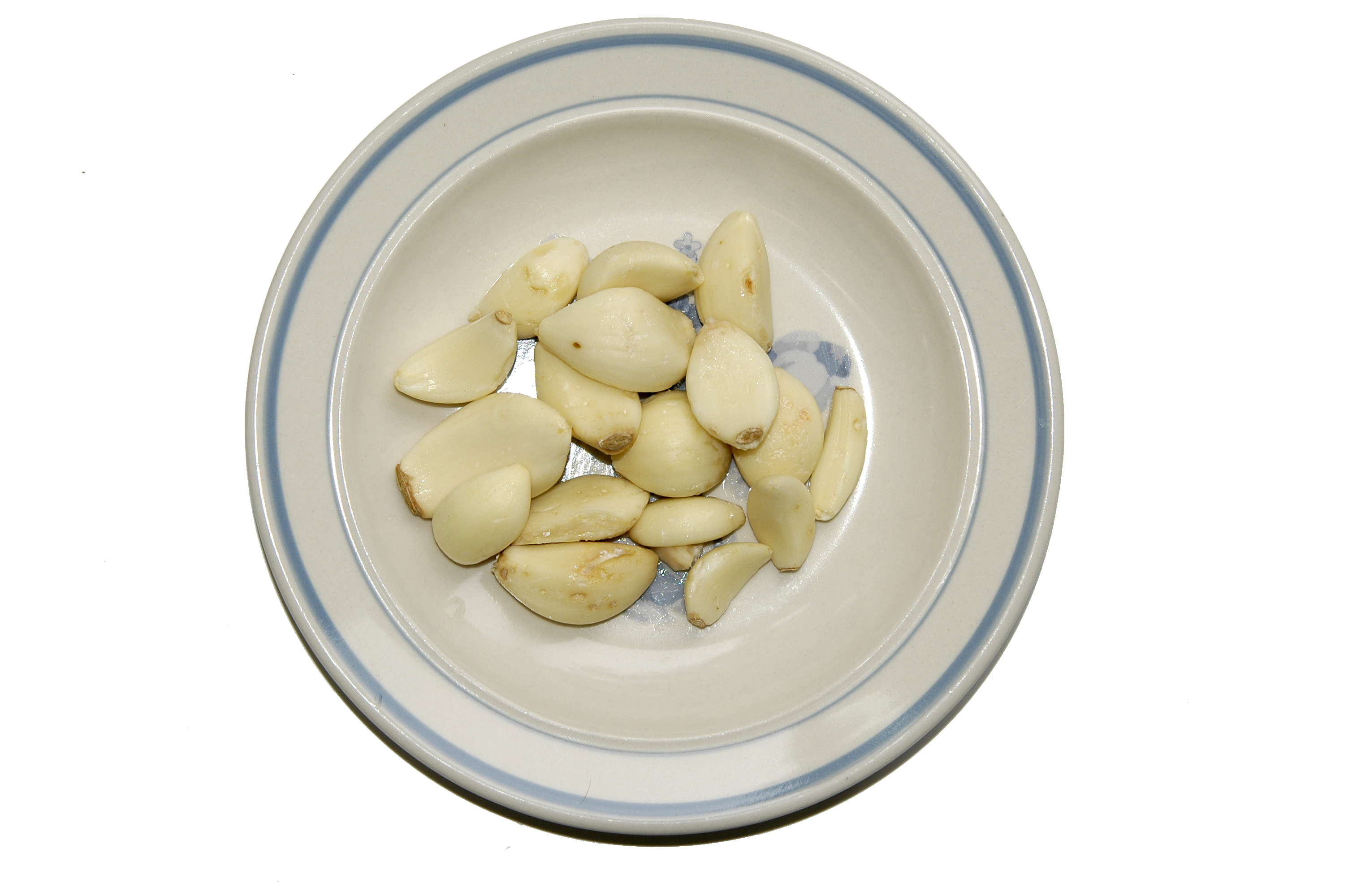By Candace Chemtob, MS, RD, LD, CSSD
Salt (Sodium Chloride): While technically a mineral rather than a spice, salt is used liberally to enhance the flavor of foods. Salt is the primary source of sodium in the diet, though it is common knowledge that Americans consume too much sodium, which is taking a toll on the health of millions. But did you know that inhaling salt particles may be good for your health? “Halo therapy” is inhalation of salt particles in a controlled chamber. Halo therapy is based on Europe’s natural “salt caves” that have been used for decades to relieve various chest conditions. Halo therapy is known to break up mucus in the lungs and sinuses, offering temporary relief. Recent study results have suggested that halo therapy may reduce respiratory infections, but more research is needed (Int J Chron Obstruct Pulmon Dis. 2014; 9: 239–246).
Garlic: Garlic is an edible bulb belonging to the lily family and gets its pungent aroma from allicin and other related sulfur-containing compounds. Allicin is released when garlic is chopped, crushed, or heated. Garlic has been thought to have many health benefits ranging from lowering cholesterol and blood pressure, reducing the risk of heart disease, to the prevention of certain cancers. While garlic has been found to slightly lower blood pressure in patients with hypertension, it has been shown to have no effect on cholesterol levels (Arch Intern Med. 2007;167(4):346-353) or cancer prevention (nccih.nih.gov).
Interestingly, however, garlic may help ward off the common cold. Researchers gave garlic tablets to study participants for three months and compared them to a control group. Surprisingly, the results of this trial were convincing and showed that garlic significantly reduced the occurrence of the common cold (24 vs. 65 in the control group) (http://www.cochrane.org/CD006206/ARI_garlic-for-the-common-cold).

Fenugreek: Fenugreek may not be a common spice to most Americans, but it is a staple in other parts of the world including India and the Middle East—and it is a key ingredient in curries and chutneys. Traditionally, fenugreek has been used as an herbal remedy to increase breast milk production. More recently, the spotlight has been on fenugreek as evidence has been mounting that it can lower blood sugar levels in diabetics. More than 9% of Americans have diabetes (CDC, 2014) and, with a public health issue of this proportion, it is not surprising that a “natural” therapy for diabetics would be newsworthy. In 2014, an analysis of ten research studies showed that fenugreek (in the seed form) has a “beneficial effect” on blood sugar levels in diabetics, but that more research is needed to determine the correct dosage (Nutr J. 2014 Jan 18;13:7). Fenugreek is not a substitute for a diabetic diet or medications, but it could be considered as a complimentary therapy under physician supervision.
Peppermint: Peppermint is most commonly found in herbal teas but also is a favorite in sweets and chewing gums. Peppermint has been used as an herbal remedy for headaches, nausea, and gastrointestinal issues. Recent research has found that peppermint oil can help patients suffering from Irritable Bowel Syndrome (IBS). IBS affects approximately 10-15% of Americans and is marked by abdominal pain, bloating, and changes in bowel movement patterns. An analysis of nine studies revealed that peppermint oil can help alleviate the painful abdominal symptoms associated with IBS. The authors of this analysis concluded that peppermint oil was safe and effective for “short term treatment for IBS”, but that further research is needed to compare this treatment to other treatment modalities (J Clin Gastroenterol. 2014 Jul;48(6):505-12).
As with all things related to your diet, “too much” of a “good” thing may have unintended adverse effects on your health. Garlic, for example, can interfere with blood clot formation and the efficacy of some medications. Peppermint oils can worsen reflux disease. Be sure that if you are taking any nutritional supplement, including spices or herbs in larger quantities than typically found in your diet, to let your physician know.





